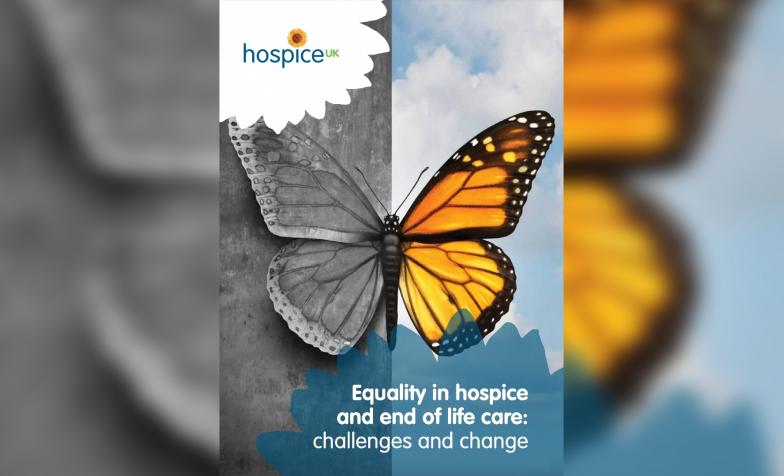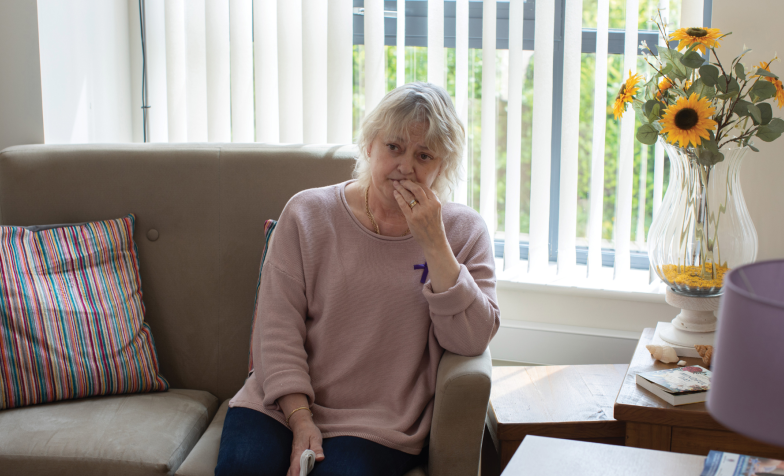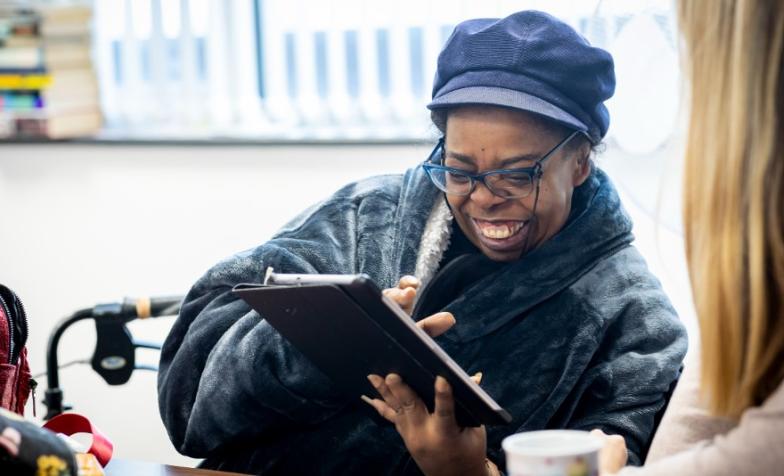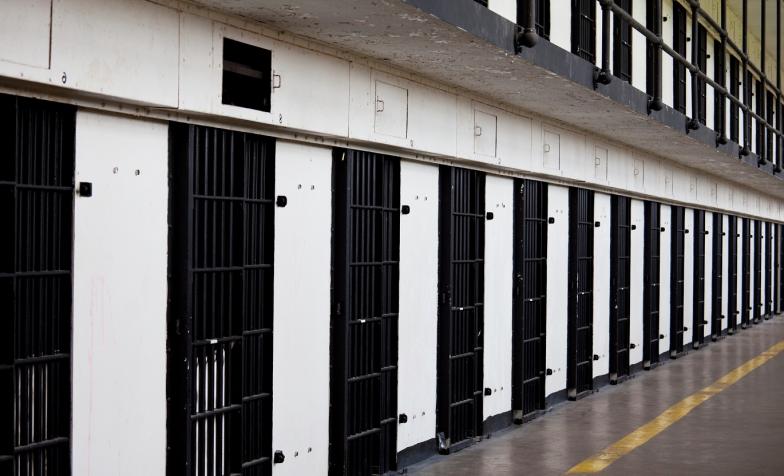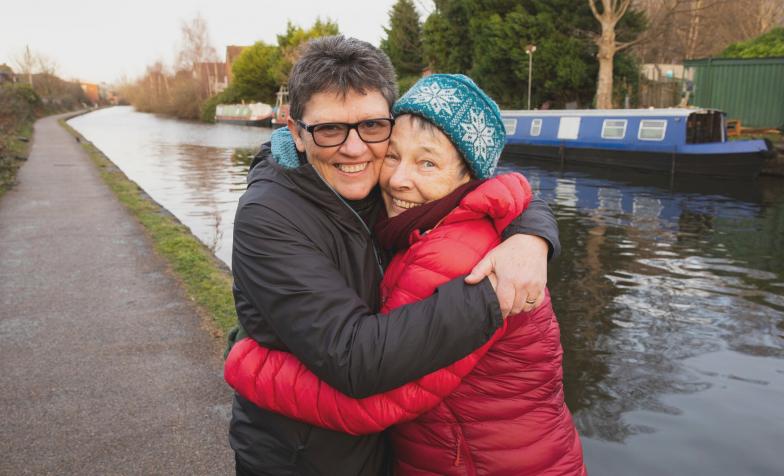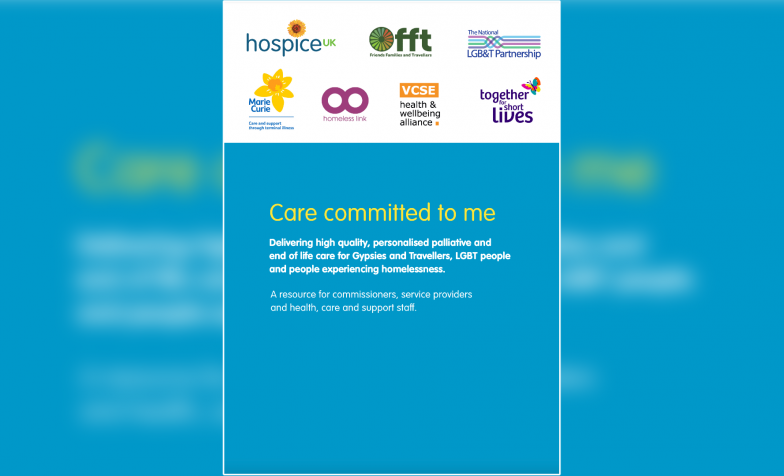
Promoting equality in end of life care

As many as 1 in 4 people, who could benefit from palliative and end of life care, do not receive appropriate support. This is unacceptable. We – palliative and end of life care services, commissioners, governments and other partners – must do more and do so quickly.
Find out more about this inequity and what Hospice UK is doing to promote access to high-quality palliative and end of life care for all below.
Who experiences inequity in end of life care?
Our report Equality in hospice and end of life care: challenges and change identifies groups of people who are being excluded from accessing and receiving high quality palliative and end of life care.
Many of these people will already have encountered unfairness and discrimination throughout their lives.
These groups of people are:
- An ageing population, living with frailty and dementia
- LGBTQ+ people
- People experiencing homelessness
- People in prison
- People living with learning disabilities
- People living with non-malignant conditions
- People living in poverty, deprivation, and with lower socioeconomic status
- People living in remote and rural areas
- Racialised communities.
What is Hospice UK doing to promote equity of care?
Tackling inequity and widening access to hospice care is at the heart of our organisational strategy.
We are working with the hospice sector and other partners to improve our understanding of who is and who is not receiving palliative and end of life care, and to support hospices to better understand and meet the needs of their local communities.
We are carrying out research into the barriers that people face in accessing care, lobbying for system change and sharing best practice to help services respond to unmet need.
More reports, guidance and resources
We've produced reports, guidance and resources to help policymakers and services ensure people from minoritised groups receive the care and support they need.
Find out how services are promoting equity of care in our Examples of Innovation directory.
Shifting the focus from equality to equity
Watch this free educational film for everyone who works in palliative care.
This film will help you understand:
- the unique needs of ethnically diverse patients and families
- why it is important to address these needs
- the difference between equality and equity
- how we can deliver equitable care.
It is based on research on specialist palliative care services’ response to ethnic minority groups with COVID-19, conducted by Sabrina Bajwah, Jonathan Koffman, Jamilla Hussain et al.

